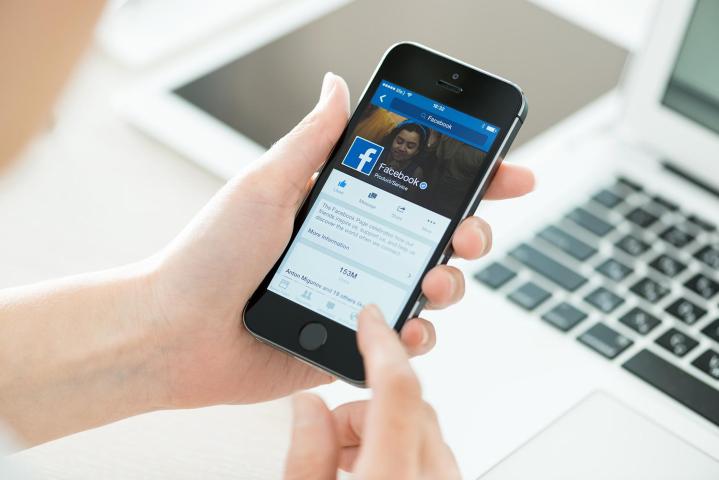
“It is our belief that Facebook is improperly defining net neutrality in public statements and building a walled garden in which the world’s poorest people will only be able to access a limited set of insecure websites and services,” the letter reads. “Further, we are deeply concerned that Internet.org has been misleadingly marketed as providing access to the full Internet, when in fact it only provides access to a limited number of Internet-connected services that are approved by Facebook and local ISPs. In its present conception, Internet.org thereby violates the principles of net neutrality, threatening freedom of expression, equality of opportunity, security, privacy and innovation.”
In a separate move, the famed Electronic Frontier Foundation (EFF) published a scathing critique of the project, with a headline that read, “Internet.org Is Not Neutral, Not Secure, and Not the Internet.” The chief complaint from all sides stems from the rather troubling notion that Facebook would become the final arbiter in determining which websites Internet.org users would be able to access. This would essentially establish the social media giant as the Web’s sentry, allowing them to dictate the content of the Internet for much of the developing world.
In an editorial that appeared last month in the Hindustan Times, Internet.org was described as “Zuckerberg’s ambitious project to confuse hundreds of millions of emerging market users into thinking that Facebook and the Internet are one and the same.” And this does seem dangerously close to the truth. Naturally,
Ultimately, critics say, though Internet.org may brand itself as a Good Samaritan initiative to bring free Internet to all, it is instead bringing Facebook’s interpretation of the Internet — which includes Facebook and few of its self-selected best buds — to unsuspecting users whose data may be comprised without any encryption and without much privacy. In fact, to be an approved Internet.org partner, sites must allow for data tracking, which once again seems to be more of a ploy for
Free and, more importantly, equal Internet would be a great thing, certainly. But Internet.org simply doesn’t appear to provide either of those things.


